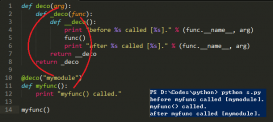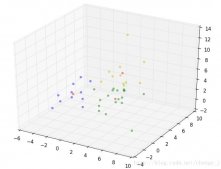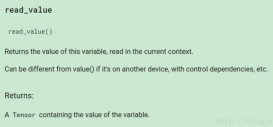周末在家,写了个小程序,用于将阿拉伯数字转换化大写中文。程序没经过任何优化,出没经过详细的测试,挂到网上,方便将来有需要的时候直接拿来用。
|
1
2
3
4
5
6
7
8
9
10
11
12
13
14
15
16
17
18
19
20
21
22
23
24
25
26
27
28
29
30
31
32
33
34
35
36
37
38
39
40
41
42
43
44
45
46
47
48
49
50
51
52
53
54
55
56
57
58
59
60
61
62
63
64
65
66
67
68
69
70
71
72
73
74
75
76
77
78
79
80
81
82
83
84
|
#!/usr/bin/python#-*- encoding: utf-8 -*-import typesclass NotIntegerError(Exception): passclass OutOfRangeError(Exception): pass_MAPPING = (u'零', u'一', u'二', u'三', u'四', u'五', u'六', u'七', u'八', u'九', )_P0 = (u'', u'十', u'百', u'千', )_S4, _S8, _S16 = 10 ** 4 , 10 ** 8, 10 ** 16_MIN, _MAX = 0, 9999999999999999def _to_chinese4(num): '''转换[0, 10000)之间的阿拉伯数字 ''' assert(0 <= num and num < _S4) if num < 10: return _MAPPING[num] else: lst = [ ] while num >= 10: lst.append(num % 10) num = num / 10 lst.append(num) c = len(lst) # 位数 result = u'' for idx, val in enumerate(lst): if val != 0: result += _P0[idx] + _MAPPING[val] if idx < c - 1 and lst[idx + 1] == 0: result += u'零' return result[::-1].replace(u'一十', u'十') def _to_chinese8(num): assert(num < _S8) to4 = _to_chinese4 if num < _S4: return to4(num) else: mod = _S4 high, low = num / mod, num % mod if low == 0: return to4(high) + u'万' else: if low < _S4 / 10: return to4(high) + u'万零' + to4(low) else: return to4(high) + u'万' + to4(low) def _to_chinese16(num): assert(num < _S16) to8 = _to_chinese8 mod = _S8 high, low = num / mod, num % mod if low == 0: return to8(high) + u'亿' else: if low < _S8 / 10: return to8(high) + u'亿零' + to8(low) else: return to8(high) + u'亿' + to8(low) def to_chinese(num): if type(num) != types.IntType and type(num) != types.LongType: raise NotIntegerError(u'%s is not a integer.' % num) if num < _MIN or num > _MAX: raise OutOfRangeError(u'%d out of range[%d, %d)' % (num, _MIN, _MAX)) if num < _S4: return _to_chinese4(num) elif num < _S8: return _to_chinese8(num) else: return _to_chinese16(num) if __name__ == '__main__': print to_chinese(9000) |












